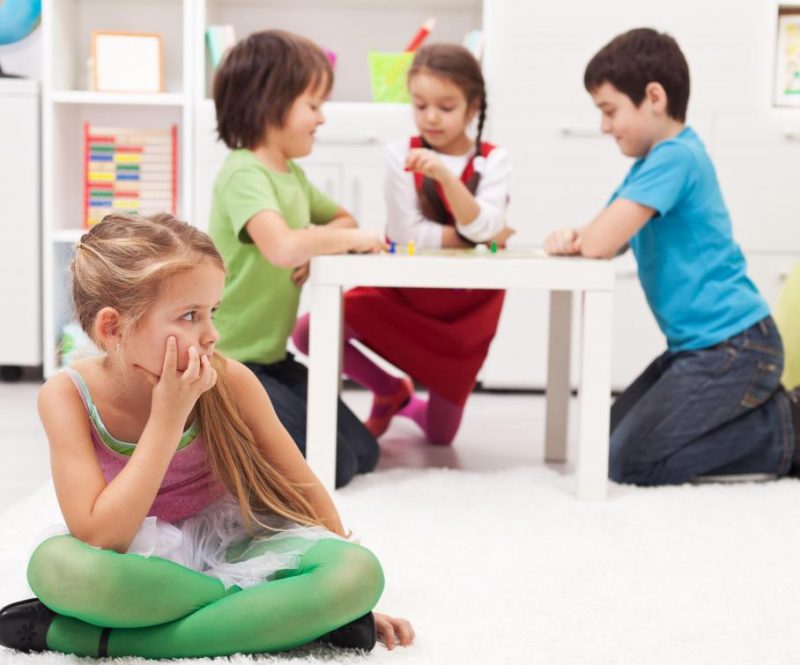Have you ever had your child dig their heels in at a party, and you feel like you’ve got to drag them in?
Has your daughter had a meltdown the night before her class speech or the school dance?
Is your son too afraid to put their hand up and ask the teacher for help?
Many parents often describe their children as ‘shy’. Children will often go through a ‘shy or bashful’ phase as a normal part of their development, however when this shyness gets traction it can interfere with their social development. As a parent, this is the time to take notice.
Knowing when your child’s shyness is a phase or a real problem
It can be a challenge to determine whether a child is an introvert by nature or has developed fears around social interactions. Empowering you as a parent to know what to look for and how to effectively manage anxiety will bring back your family’s harmony.

Understanding Social Anxiety in children
Imagine your child telling you how their day was, and hearing they sat on their own at lunchtime, or just wandered around the playground. Enter, mum guilt.
Your child may cling to you when you arrive at a friend’s house, or hit you when you speak firmly to them in front of others. You may be thinking…..why do they react this way?
Firstly, ask your child what is it that they are worrying about? What makes them feel this way.
When socially anxious, children:
- Will experience an intense fear of being judged negatively by others
- Exaggerate the severity of the outcome
- Are scared of the intense feelings of anxiety
Consequently, children will do whatever they can to avoid that anxious feeling.
A parent’s solution to a confident and calm child
- Acknowledge their worries – this is important and shows you’re listening
- Ask them to describe the physical reaction they have, e.g tummy doing somersaults
- Explain to your child that anxiety is a normal emotion everybody feels sometimes
- Reassure them of their strengths and their ability to do that task
- If the anxiety persists or gets worse, it is essential to intervene early. It can worsen over time, so getting in early is important
Initially, try these steps and persist for a week or two to see if your child starts to adjust. Continue you encourage them as they progress with small steps.
Should you find that your child’s social anxiety is not moving forward, or worsening, it may be time to speak with a therapist to seek some advice. We have a team of Child Psychologists who will meet with both you, the parents, and your child to determine the most effective approach to help you all feel confident and calm. It’s a team effort when it comes to children, and we believe in working together collaboratively with you as a family.
Written by Dr Bianca Heng – Clinical Psychologist Registrar – www.creatingchange.net.au

